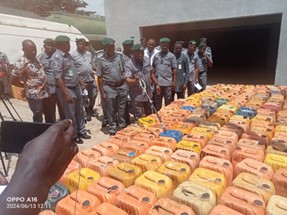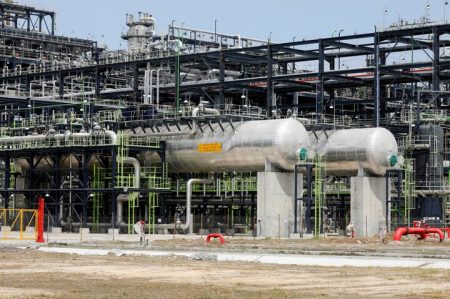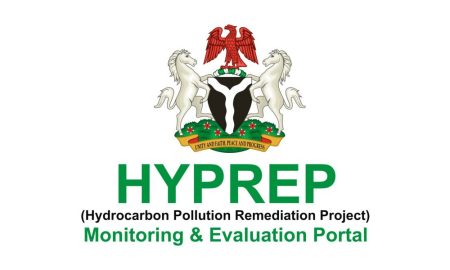01 June 2013, Sweetcrude, London – Africa is the second largest continent in the world, populated by a myriad of ethnicities, a miracle mix of exceedingly beautiful trees, glades, veldts and an animal population which have all inspired a million poems; Africa’s abundant food base and its treasure trove of mineral deposits make it a rich continent, at least by definition. Nigeria is Africa’s most populous country, having more than 500 ethnic nationalities, a full basket of cash and food crops and nearly all the mineral deposits known to man in commercial quantities. Nigeria’s is the kind of resume that gets a country in the Forbes’ Listings but this country despite acquiring some technology and inventing others locally, has been undermined by a power crisis.
Nigerians know that stable electric power supply to homes and industries is crucial to the development of the creative potential of her people. In 1999, when it became clear that Gen. Abdulsalami Abubakar meant to give power to a democratically elected regime, Nigerians clamoured for the come-back of a military ruler turned democrat, an African statesman who had performed credibly as a military head of state. That was how Chief Olusegun Obasanjo came back to power. Wasting no time, he promised Nigerians that they would have stable electricity supply by 2002. Perhaps because he made the commitment before assaying the situation on ground, Chief Obasanjo started to blame the rot that had accrued to the system of governance and the management of public infrastructure after he had left office as a military head of state.
Obasanjo introduced the Independent Power Projects with the hope that each Project working independently, efficiently and driven by set goals could shore up the power base of the country. Soon, Obasanjo realised that he had another Challenge: the National Assembly, and then another, his civilian garb and yet another, the lack of political will to achieve set goals.
I recall the management of Rockson Engineering, the company behind construction of the Alaoji 1074 megawatts, Aba IPP telling journalists 4years ago they had written to the Minister for Power, intimating him that the link bridge between Rivers and Abia states at the point of the Imo River did not have the capacity to convey the turbines, but the minister did not respond to their complaint and they had to consider how to build ramps across the river to convey them from Onne Port where they had been for over a year. All the IPPs had similar challenges, from the serious to the mundane matters including the security of project sites.
Although Obasanjo was overwhelmed by the power problem, having failed to deliver on his 2002 commitment, he went ahead nonetheless to seek another term and was graciously granted. In 2007, Umaru Yar’adua assumed control of the central government. Before he came in however, the Obasanjo government had relaxed the rules over power generation, distribution and supply. At Omoku, Afam and Bonny in Rivers State alone, independent bodies, TotalFinaElf and the Shell Petroleum Development Company had established successfully managed operations. At the National level however, the new government got confused as to its role (accuser, prosecutor, judge) against the IPPs. One of the consequences that fell out from the probe against the IPPs is the re-discovery that though Eskom ran the power needs of South Africa, the Power Holding Company of Nigeria, could not alone play all the roles required to fulfil Nigeria’s power needs. From that re-discovery and the discovery of Mazi Barth Nnaji, a superstar in the power industry, to the commitment to unbundle the PHCN into several private concerns for efficiency and for the fulfilment of that eventual goal of power sufficiency, more than 4 calendar years have come and gone.
After the approval of huge sums accruing to employees of the present PHCN as retirement benefits and disengagement allowances, the people of Nigeria have a right to know why PHCN is still functioning as a business. Why haven’t the new private companies commenced operations? Who is benefitting from the present situation? By resolving this power conundrum, Nigeria would also automatically adjust the wastage that has accrued over the years in the private production of power by millions of families and businesses, reduce noise pollution all over the country, wipe out the black market for diesel and correct all the imbalances brought on by this artificial market. If the present government is committed to this project, it can be achieved. If it is not committed and the government enjoys a return to power like Obasanjo’s, it would then mean that Nigerians misperceive the importance of power to their development or that Nigerians misperceive their power through the ballot or that though Nigerians rightly adjudge power as crucial to their development, have failed through the ballots to express same because the environment in which they seek to enthrone the supremacy of the ballot is simply not democratic. A weak ballot is an anomaly in a democracy.




